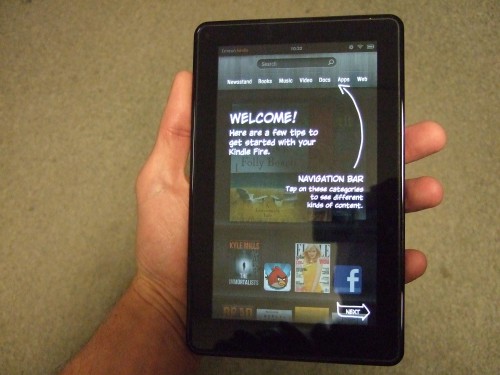My Congressman is Danny Davis. It appears that he has not announced a position. I left a polite message asking him to vote against SOPA.
My two Senators are Mark Kirk and Richard Durbin. Kirk has come out against PIPA. Bully for him. I contacted his office and registered my approval.
I called Sen. Durbin’s office, and the person on the phone gave a well-rehearsed explanation of why the Senator supports PIPA.
I suggest that Illinois residents continue to call Sen. Durbin, and if possible have good reasons why PIPA is no good.
He may shift if the volume of contacts is large enough.
Keep working on this, please.
Update: I note that this issue seems to be a genuine example of Left / Right opposition to a naked power grab by one element of the Politico-Big Business Complex.
It is similar to the sliver of overlap on the Venn Diagram between the Tea Party and the Occupy movement: The one thing everyone who is not already an insider is opposed to is Crony Capitalism. See this post.
Does the Main Adversary at last come into view?
One can hope.
